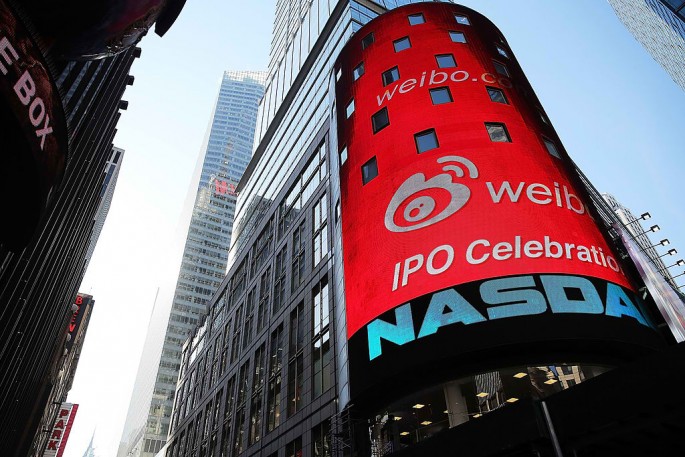The chief executive officer of popular Chinese microblogging site Sina Weibo confirmed that it will be dropping its 140-character limit beginning Jan. 28, China Radio International reported.
Weibo CEO Wang Gaofei said the news on Wednesday.
The news followed the release of media reports stating that U.S. microblogging service Twitter is pondering on removing its own character limit. Twitter's 140-character limit has been an iconic feature of the platform, setting the social media apart from other networking sites plying the Internet.
Earlier on Wednesday, a screenshot of a letter by the Weibo Open Platform to its developers circulated on Weibo. According to the letter, the removal of the character limit "is expected to be tested among 'senior users' from Jan. 28," the report cited.
The letter also stated that the new format is expected to be open to all Weibo users come Feb. 28.
The snapshot was also reposted by Wang on his personal Weibo account with the user name, "Laiquzhijian." On his post, he explained that on the new format's pilot run, Weibo posts will still display up to 140 characters. However, there will be a link that will appear to show the entire content of the post should it exceed the character limit.
A Weibo spokesperson additionally noted that the decision to drop the 140-character limit is to offer its users better experience.
According to Weibo's financial report last year, Sina Weibo has a large number of active users--over 200 million. The Weibo Open Platform is dedicated for outside developers and third parties.
Weibo faces a tough competition with the social media sites in China, including WeChat, which has reportedly over 1 billion users.
As for Twitter, the firm is yet to confirm the rumors about the removal of its own character limit. This change has been widely debated on social media.
The speculation about the said Twitter news has also been supported by the claim of some analysts, pointing out that CEO Jack Dorsey is looking to do something to gather new users as the firm's price recently hit an all-time low drop in its share price.
Twitter, along with Facebook, is banned in China.



























